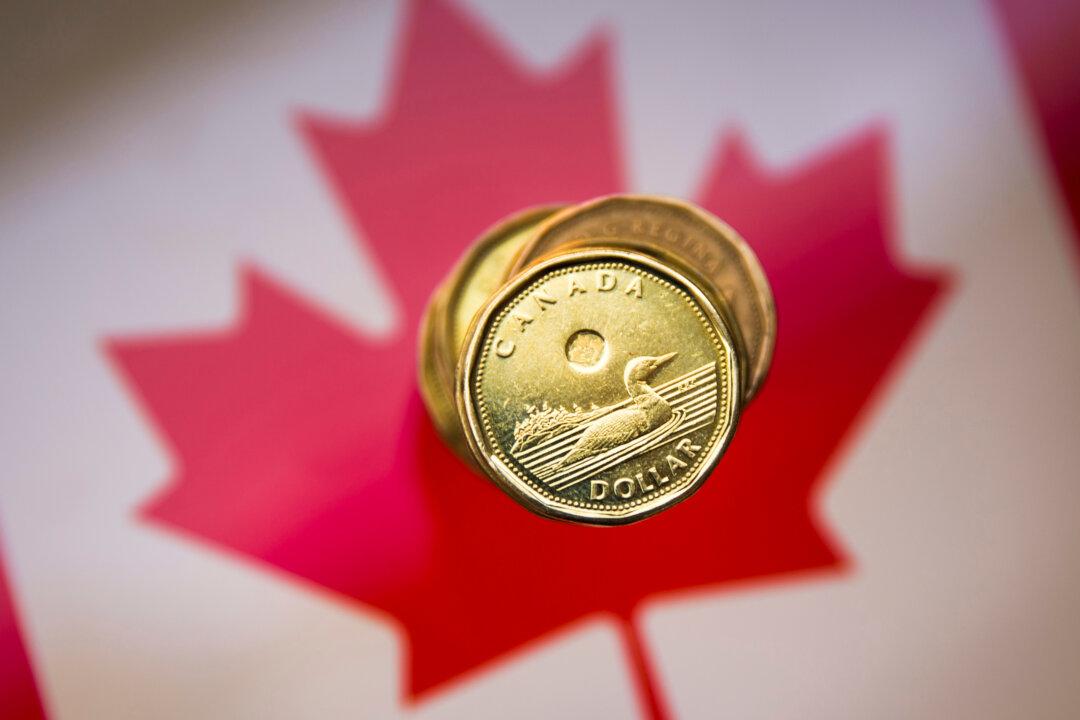Government spending is to blame for at least 2 percent of the 4.75 percent hike in interest rates that Canadians have seen over the past few years, according to a Scotiabank analysis.
“To Spend or Not to Spend? That is the Monetary Question“ looks at the high rate of spending at all levels of government as well as the financial support the federal government offered during the pandemic.





